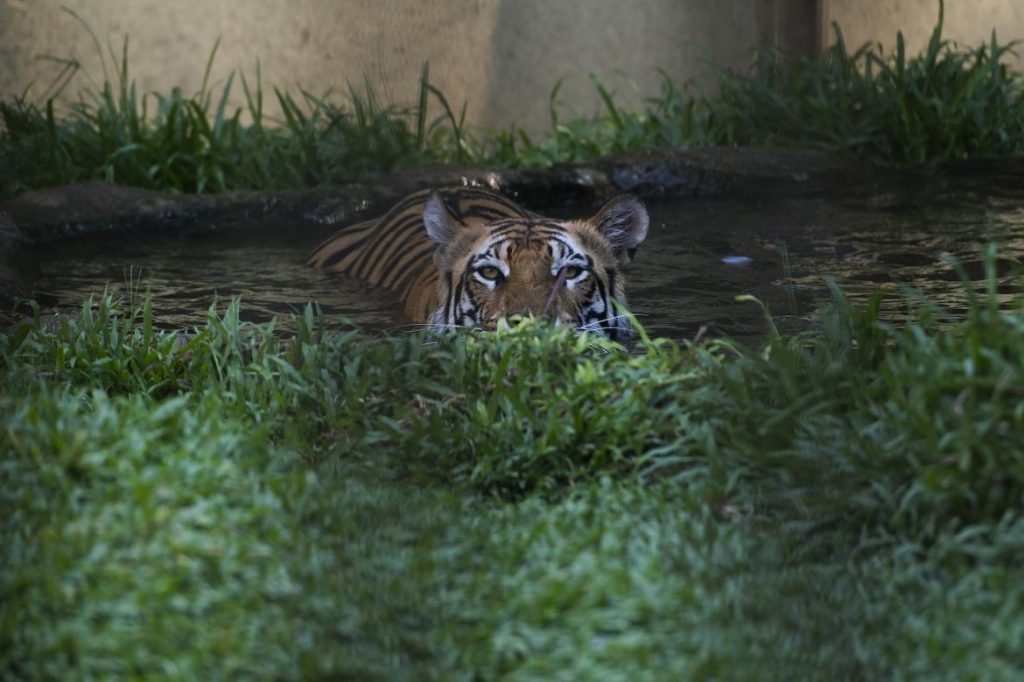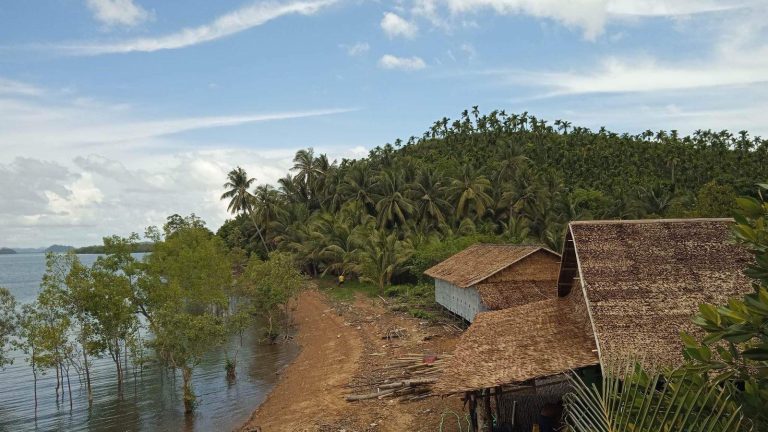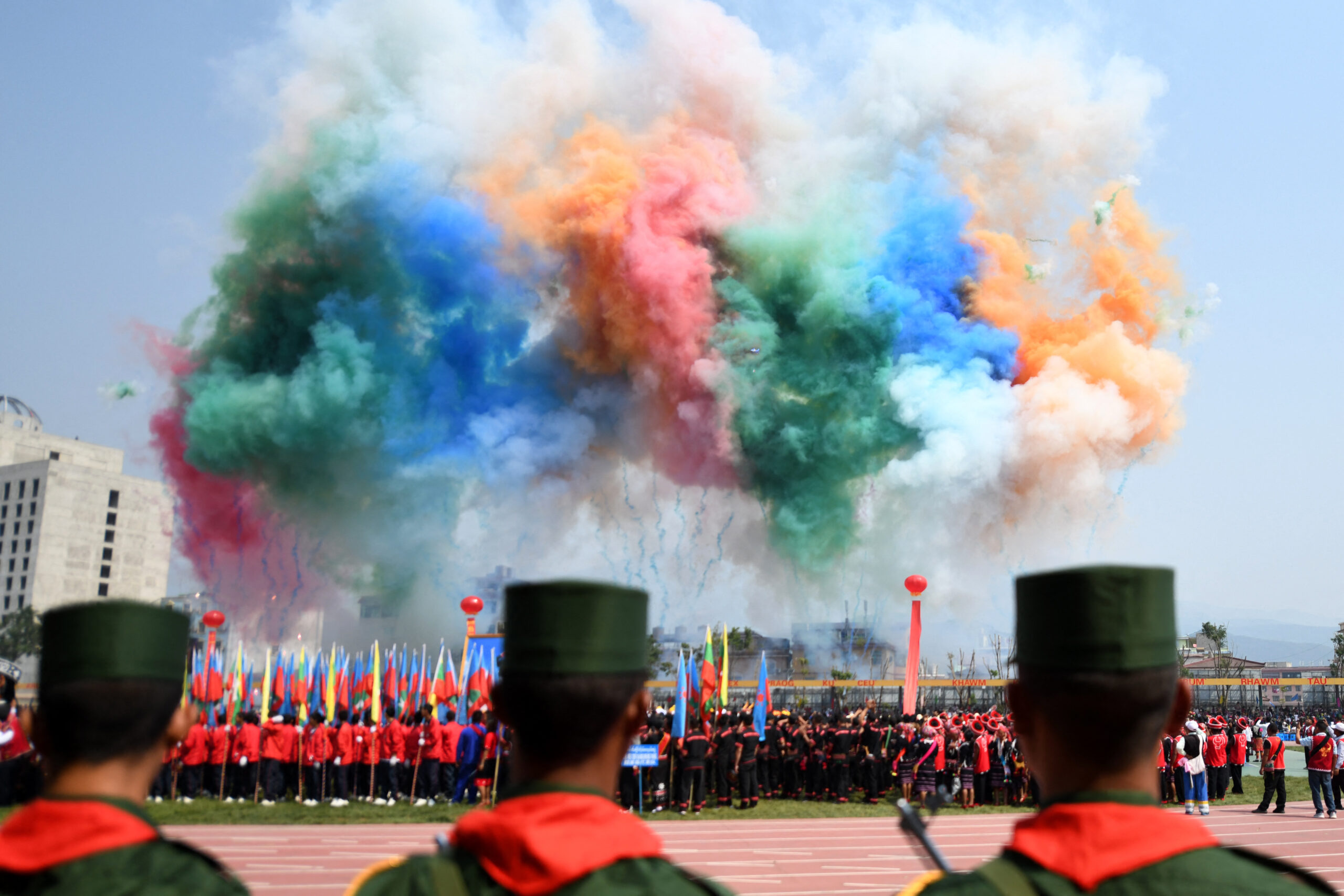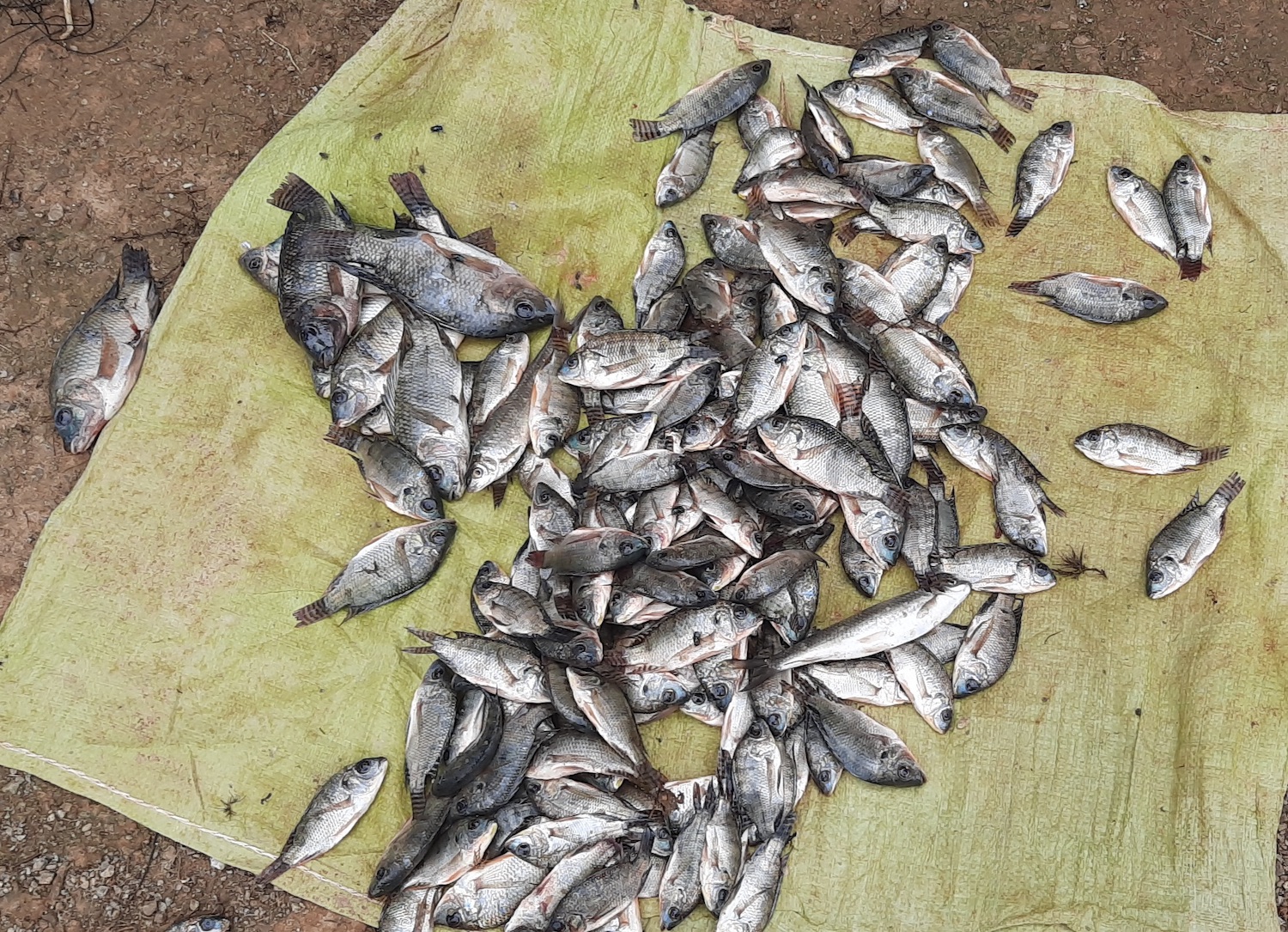Myanmar has been highlighted for priority action in a report on tiger trafficking in Asia that said trade in parts of the big cat at Mong La had trebled in the eight years to 2014.
The report, by conservation organisation WWF and wildlife trade monitoring group TRAFFIC, found no evidence of a decline in trafficking tigers and their body parts in the region.
Parts equating to a minimum of 1,755 tigers were seized between 2000 and 2015, an average of more than two animals a week, said the report, Reduced to Skin and Bones Re-examined.
It said there had been 801 recorded seizures of tigers and tiger parts in Asia since 2000, of which only three were in Myanmar.
“The country was highlighted as a priority for action due to weak law enforcement, and open and unregulated markets, albeit largely in areas outside government control,” it said.
Support more independent journalism like this. Sign up to be a Frontier member.
Mong La, a region in eastern Shan State on the border with China under the control of the National Democratic Alliance Army, is notorious for prostitution, gambling and the illegal wildlife trade.
“Tiger trade at Mong La has increased threefold between 2006 and 2014,” said Mr Nick Cox, conservation director of WWF-Myanmar.
“Strengthening law enforcement and closing these markets is essential if we are to keep this iconic species,” he said.
Traders at Tachilek, in Shan State on the border with Thailand, and at Mong La, claimed that tiger and leopard products were mainly sourced from Myanmar and India, said the report, which also raised concern about captive breeding programs in the region.
The report was released to coincide with the triennial summit of the Convention on Trade in Endangered Species of Wild Fauna and Flora (CITES), that ended in Johannesburg on October 4.







